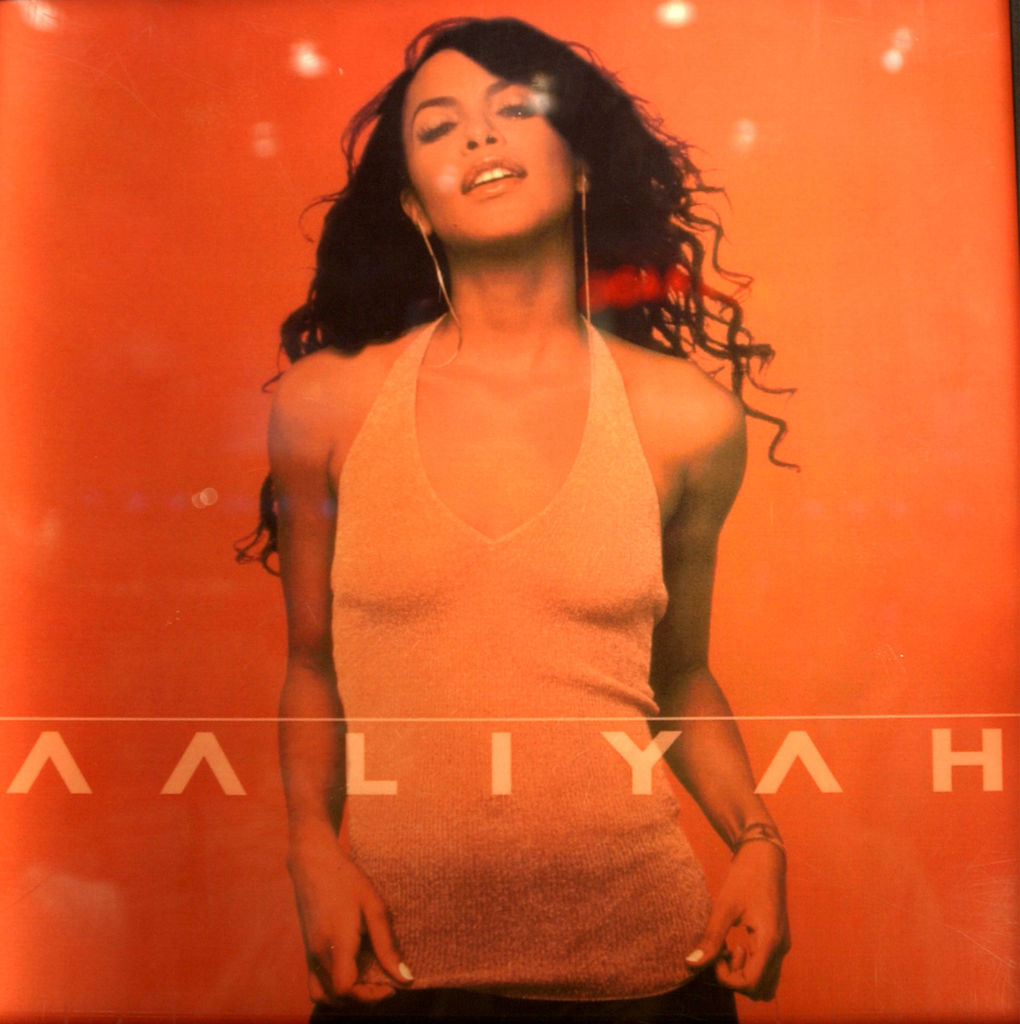Source: Spencer Platt / Getty
On July 17, 2001, then-22-year-old R&B star Aaliyah was at an apex in her career. The previous year’s success saw her star in a hit movie (Romeo Must Die), drop a record-breaking number 1 single (“Try Again”) and sign a deal with Warner Bros Pictures that put her in the titular role of their official Interview with the Vampire sequel Queen Of The Damned, in addition to plans in the immediate future to appear in sci-fi blockbusters The Matrix Reloaded and The Matrix Revolutions. For those reasons and countless others, it was the perfect day for Baby Girl to drop her first album in five years, simply self-titled Aaliyah.
Sadly, it would also go on to infamously be her final album after just a month-and-a-half later on August 25, 2001 she was killed along with eight others in a plane crash transporting them from a video shoot in The Bahamas for planned next single, “Rock The Boat.”
It became one of the saddest days in music history, halting the potential of an album that Rolling Stone Magazine referred to in their August 2001 review as “‘Control,’ ‘Velvet Rope’ and ‘Jagged Little Pill’ all rolled into one,” and even “the manifesto Beyoncé thought she was penning with ‘Survivor.’”
RELATED: A Look At Aaliyah’s 2001 Self-Titled Album & Its Decades-Spanning Influence
The release of Aaliyah was meant to help skyrocket its title star into a bigger global sensation than even Hollywood was promising to provide on its own. Paired with the previous multiplatinum success of albums Age Ain’t Nothing But A Number (1994) and One In A Million (1996), Aaliyah was molding herself into the blueprint for a premiere triple threat trope — a singer, dancer and actress with model-good looks and a voice that serenaded well over any beat.
Even though Aaliyah would go on to top Billboard in the weeks following Baby Girl’s death, eventually selling over 13 million records worldwide in the two-decades-and-counting since, there will always be a huge “what if” on how this project would’ve truly molded the Brooklyn-born, Detroit-raised darling into a global icon that we’d very well still be celebrating today.
We, along with many fans across the world, pay tribute to the work that Aaliyah contributed on her final musical masterpiece made alongside an incredible team that includes longtime producer and friend Timbaland, songwriting from fellow musical partners Missy Elliott and the late Static Major, plus producer/songwriters Tank, Bud’da, J. Dub and Keybeats collective Eric Seats and Rapture Stewart.
Dubbed the “next Princess Of Hip-Hop Soul” by Murder Inc., Ashanti adapted comfortably into the lane left open immediately after Aaliyah’s death.
With Timbaland spearheading the entirety of this project, many saw it as the album Aaliyah would’ve made if she were alive.
At a quick glance of the album cover for Touch, you might even confuse Amerie for her late predecessor.
Ciara’s early career came with many comparisons to Aaliyah, so hearing her influence on tracks like “Promise” and in the video for main single “Get Up” is easy to see.
Another one of Timbaland’s musical protegeés, Keri’s debut album similarly borrowed from Aaliyah’s way of pairing light vocals over hard-hitting beats.
Bey’s signature powerful tone has a softer delivery on songs like “No Angel,” the Drake-assisted “Mine” and fan-favorite “XO” that’s definitely borrowed from Aaliyah classic falsetto on “It’s Whatever” and “I Care 4 U.”
The matching self-titled vibes just makes for icing on the R&B Queen cake.
At a time when many new singers were debuting with hopes to be “Aaliyah 2.0” for a new generation, Tinashe’s triple threat skills and musical diversity on debut LP Aquarius set her aside from the masses while also reminding us of Aaliyah’s chill approach to pop music.
From Rih’s red color theme on the cover for ANTI to the Timbaland-produced album cut, “Yeah, I Said It,” the similarities between both projects are very innate.
SZA’s penchant for mixing alternative with R&B is quite similar to Aaliyah choosing Nine Inch Nails and Korn as unlikely influences on rock-tinged tracks like “I Can Be” and “What If.”
Teyana, who once auditioned for the title role in Lifetime’s ill-received 2014 Aaliyah biopic, is one of the key female R&B artists right now exhibiting the artistic creativity and genre-bending prowess that Baby Girl never got a chance to fully bring to fruition.
We just pray this doesn’t remain Teyana’s last album as well.
RELATED TAGS
An Urban One Brand
Copyright © 2023 Interactive One, LLC. All Rights Reserved.

